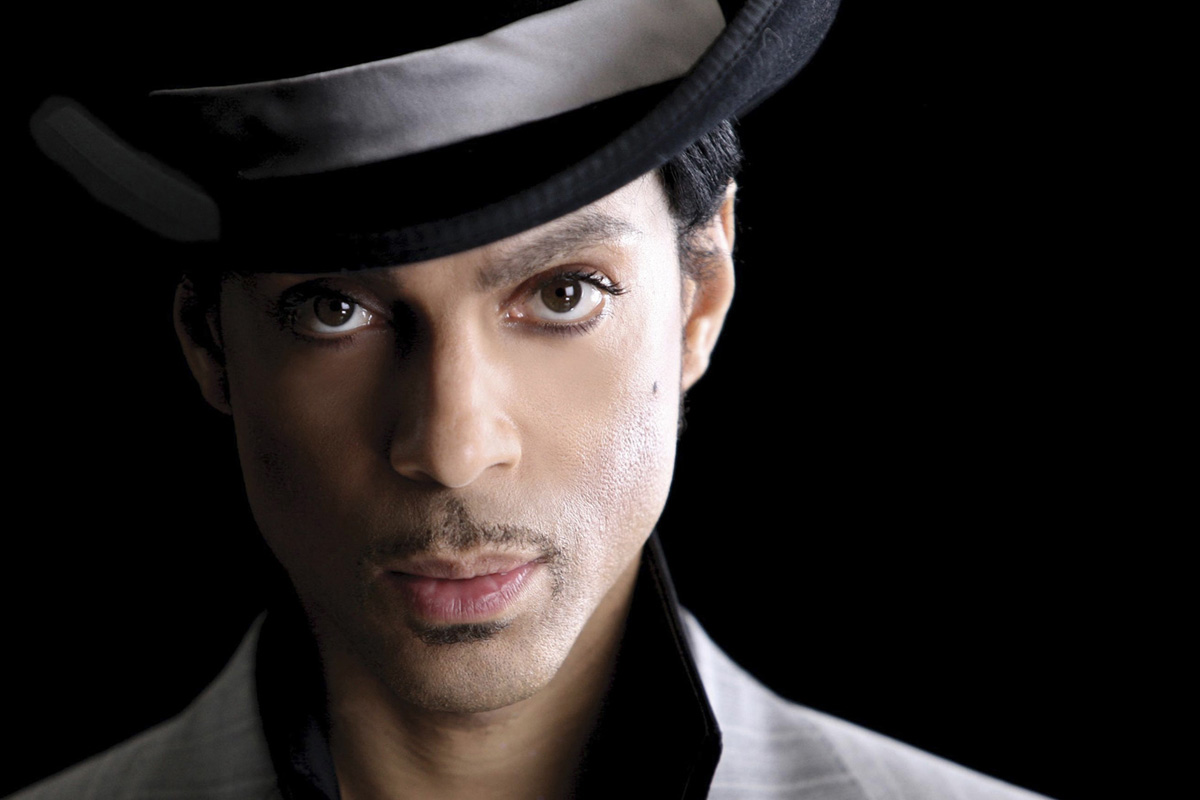
On the surface it’s easy to comprehend why Prince was one of the greatest artists in music history. The Minneapolis-born singer, songwriter, musician, composer, dancer and actor embodied every heightened ability and skill it took to truly rise above the flock. His skills as a musician were top tier, his vocal range was uncanny, his penmanship was on genius levels and on stage, his power to entertain crowds were second to none. Yet with all these attributes, one of the things that undoubtedly set Prince apart from many acts was his fearlessness when it came to challenging the norm.
Prince’s first album ‘For You’ was released in 1978 via Warner Bros. Records. Whilst the late 70s were a monumental time for the disco scene of America, Prince opted for slightly obscure synth intervals, incorporating spaced-out funk notes rather than the overly glossing slickness of the songs of the time. Two years later he would drop his self-titled second LP, diving deeper into funk with a dance sensibility, prompting tracks like ‘I Wanna Be Your Lover’ and the steamy ‘Sexy Dancer’ with its rubbery bass line and quick guitar licks. Rather than hearing verses on the track, listeners were strung on a journey of moans, light choruses and sexy instrumentation. Creeping in were also Prince’s taboo lyricism with the song ‘Bambi’ speaking of a girlfriend who cheated on him with another woman. By 1980, Prince was standing firm on the cover of his album Dirty Mind with nothing on but merely a jacket, bandana around his neck and Speedo-style briefs. The title track found Prince singing to a woman about how he wanted to sleep with her in his daddy’s car, even if she didn’t find him to be her type. His non-fearful onslaught of eroticism continued with songs like ‘Head’ in which he told the story of a virgin woman that he fancied on her way to getting married, letting him know that whilst she wouldn’t be “deflowered”, she would kindly court him with oral sex. Prince addressed the talk of his “weirdness” amongst people in his 1981 album Controversy. Expressing his disbelief on the questions of his race and sexuality, he went on to push the boundaries of sex with songs like ‘Jack U Off’ and politics with ‘Ronnie, Talk To Russia’. In 1982, Prince released his infamous album 1999. Despite the title track’s dark content of destruction on Judgement Day, the song was still a hit with countless people around the world singing and dancing to the idea of the end. in 1984 Prince released one of his greatest work, Purple Rain, which was also the title of his box office smash film. Loosely based on aspects of his life, the movie found Prince playing by his own rules with how he chose to tell his somewhat story to the world. The Purple Rain album demonstrated Prince’s nonconformity to any one particular genre as musically there were influences of pop, soul, funk and rock all clashed together to perfection. He would go on to challenge the idea of genre by actually blurring the lines as he released albums such as Around the World in a Day (1985), Sign “O” The Times (1987), Lovesexy (1988) and Graffiti Bridge (1990), all virtually impossible to be placed in one specific category.
Prince also had no problem challenging Warner Bros. Records when it came to contractual obligations. Unsatisfied with the time frame in which the label was releasing his albums, in 1993 Prince changed his name to the symbol ![]() . Representing the mixing of genders, the defiant move would force the media to dub him as “the artist formerly known as Prince”. He would be the thorn in the label’s side by giving them previously unreleased music in order to fulfill his contract yet refusing to do promotion for records such as The Black Album (1994).
. Representing the mixing of genders, the defiant move would force the media to dub him as “the artist formerly known as Prince”. He would be the thorn in the label’s side by giving them previously unreleased music in order to fulfill his contract yet refusing to do promotion for records such as The Black Album (1994).
Prince would challenge the idea of sexuality throughout a large portion of his career. From his visual appearance to lyrics in multiple songs, the artist would obscure the general idea of masculinity. His presentation at times often confused onlookers as the question of his sexual preference was a topic of tabloid discussion. Yet his public romantic involvement with beautiful women such as singer Vanity, Carmen Electra and more, baffled many who assumed the singer to be gay. A mastery of mystery, Prince appeared to purposely keep speculators in the dark.
Of course music piracy was a topic that Prince did not take lightly. In fact, the singer was involved in several lawsuits regarding copyright infringement between 2007 to 2014. This included a suit against YouTube who he said to have been acting as a platform to host his music unlawfully. In 2014 Time reported Prince’s lawsuit against twenty-two people marked for their participation in “massive infringement and bootlegging of Prince’s material”, as stated in a 21-page legal complaint.
Prince Rogers Nelson was 57 when he passed away on April 21st, 2016, yet his legacy in the entertainment business can never be erased. He has influenced generations of performers and his passion for music was undeniable. There will never be another Prince. He was truly an individual who marched at the beat of his own drum to perfection. At best, he can inspire other creatives to also use their art to challenge ideas and push beyond boundaries whilst if not completely changing perception, at least introducing the conversation.

